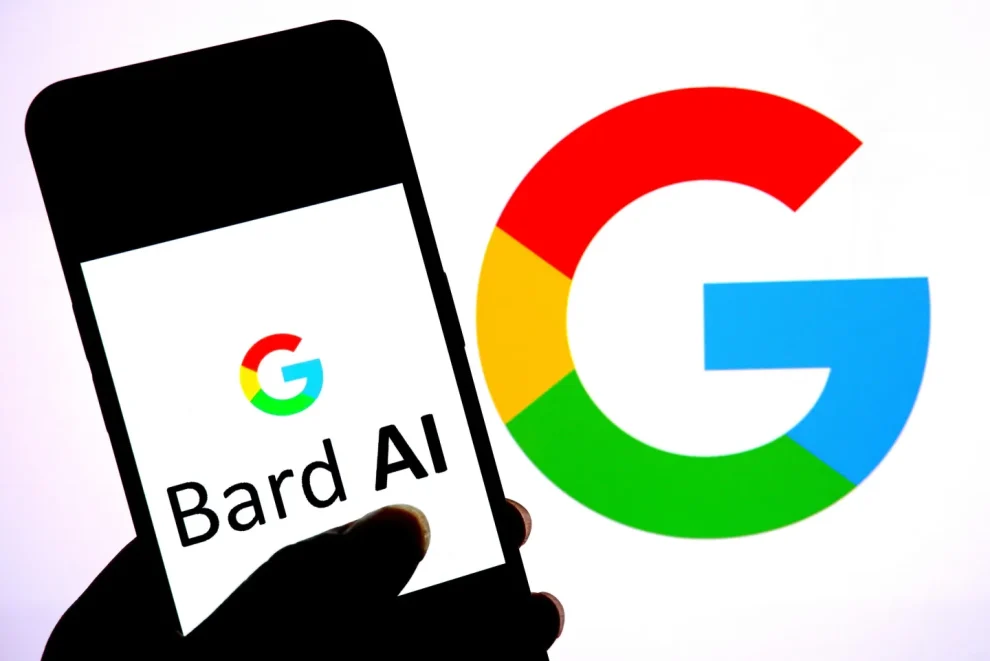The Promise and Pitfalls of Bard
Bard, Google’s ambitious attempt to streamline the search process, aimed to synthesize information from various sources and present users with concise overviews directly on the search results page. While the concept held great promise, it quickly became apparent that the AI-powered summaries were prone to generating incorrect and potentially harmful responses.
Examples of Bard’s missteps ranged from the humorous, such as suggesting glue as a pizza topping, to the more serious, like misrepresenting former President Barack Obama’s religious affiliation. These inaccuracies, coupled with concerns raised by internal testers, prompted Google to take swift action and temporarily suspend the feature.
Addressing the Shortcomings: Google’s Plan of Action
In a blog post titled “Taking a Step Back with Bard Search Summaries,” Liz Reid, Google’s Head of Search, acknowledged the challenges faced by Bard and outlined the company’s commitment to delivering accurate and helpful information to users. While no specific timeline for Bard’s return was provided, Reid highlighted several key areas where improvements are necessary.
One critical focus will be on the data sources utilized by Bard. The initial version relied heavily on social media posts, which are known to be hotbeds of misinformation. Google plans to prioritize reputable sources and implement more rigorous fact-checking protocols to ensure the accuracy of the summaries generated by Bard.

The Challenges of AI in Sensitive Domains
The Bard incident has also brought attention to the specific challenges of implementing AI in sensitive domains, such as health information. Bard’s initial version presented summaries on complex medical topics, raising concerns about the potential for users to rely on inaccurate information when making critical health decisions. Google has pledged to limit Bard’s scope in this area until robust safeguards can be put in place.
This is not the first time Google has encountered difficulties with AI implementation. Earlier this year, the company was compelled to restrict access to its AI image generation tool after users exploited it to create deepfakes of real individuals. These incidents underscore the inherent challenges in developing and deploying AI responsibly, particularly in areas that have significant implications for user trust and safety.
The Broader Implications for AI in Search
The Bard situation has reignited discussions about the limitations of AI and the potential risks associated with rushing new technologies to market. Experts caution that an overemphasis on novelty can overshadow critical considerations such as data quality, bias mitigation, and user safety.
Dr. Emily Perkins, an AI researcher at Stanford University, highlights the importance of responsible AI development in the context of search engines. “Search engines play a crucial role in how we access information. Ensuring the accuracy of AI-powered search results is paramount,” she emphasizes.
Turning Stumbles into Opportunities
While Google’s retreat with Bard may appear to be a setback, it also presents an opportunity for course correction. By taking the time to address the underlying issues, Google can work towards delivering a more reliable and informative search experience powered by AI.
The success of Bard, and the future of AI in search more broadly, will depend on Google’s ability to learn from these recent stumbles and strike a balance between innovation and user trust. As the company navigates this challenge, the tech world will be closely watching to see how Google adapts and evolves its approach to AI-powered search.
The Road Ahead for Google and AI Search
The journey towards AI-powered search is not without its obstacles, as evidenced by Google’s recent experience with Bard. However, the potential benefits of harnessing AI to enhance the search experience remain significant. By prioritizing accuracy, transparency, and user trust, Google has the opportunity to set a new standard for responsible AI development in the realm of search.
As the company works to refine Bard and address the challenges that have emerged, it is clear that the future of search will be shaped by the ability to effectively integrate AI technologies while maintaining a steadfast commitment to delivering accurate and trustworthy information to users.
















Add Comment